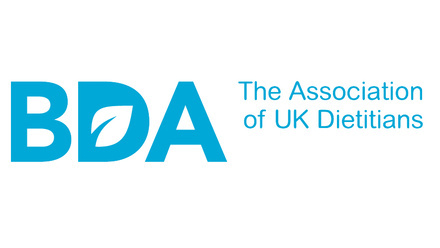BDA Obesity Specialist Group Chair Amanda Avery discusses emotional eating and shares alternative ways to cope with cravings.
Whilst we need food to stay alive, the reality is that we all eat for many different reasons and often the reasons may not be related to the genuine need for food and water to satisfy basic physical requirements.
Indeed we may eat for different emotional reasons instead and eat or drink to help us feel better and we are surrounded by so many tasty options.
For several deep-seated reasons, many people associate certain foods with love, comfort and rewards. We give certain types of foods as gifts to help celebrate birthdays and other special occasions or when someone is not well, we may give chocolates or confectionary to help them feel better.
Some grandparents, parents and carers provide sweets, confectionery or junk foods as distraction strategies and perceive such ‘rewards’ as a means of keeping their child content and happy. Some people will eat certain foods when they are tired but feel that they need to keep going. Some will eat simply because they are lonely.
If we have experienced all these different associations with food from a young age, it is easy to see how we can get into a pattern of emotional eating. Something may happen that is challenging or a difficult situation that upsets you. You then feel a strong urge to eat something that you feel is going to make you feel better able to cope or happier about life. What would you choose in this situation?
The impact of emotional eating
Emotional hunger craves specific comfort foods. Often people would say that it is a bar of chocolate, a couple of packets of crisps, a large fancy doughnut, a tub of ice cream or a takeaway.
It is highly unlikely that they turn to the fruit bowl as a source of comfort. Dependent on how upsetting the situation is, one bar of chocolate may not be sufficient to provide the required level of comfort and some people will find themselves eating much more than they know they should be eating or would like to be eating. This can then lead to feelings of guilt and shame, (especially if you are trying to lose weight), and a vicious cycle can result where one just eats even more because you feel so powerless. Emotional eating is not satisfied by a full stomach.
Many of us are trying to manage our weight and would like to be a healthier weight by eating a healthier diet. Eating for emotional reasons can jeopardise our ability to achieve this. So what can we do to try and overcome these deep-seated reactions whereby we use food for so many different reasons other than genuine hunger?
Tips to consider
First and foremost we need to remember that we know ourselves better than anyone else! It is firstly important to recognise the situations which are most likely to trigger emotional eating for you – perhaps keeping a diary may be helpful for some. What works for one person, may not work for everyone.
However, for everyone, taking a good five minutes before giving into any food or drink to satisfy an emotion is a good policy and gives one time to think of alternatives. For some people, if they are feeling under stress or lonely then an alternative to turning to comfort foods, maybe to go for a walk if they are able to – there is no limit to how many ten-minute walks that you can take in a day. Indeed, any form of activity or exercise can be beneficial.
Alternatives may include reading a book, listening to music, watching a film or catching up with a friend for a coffee or tea. Other people will find taking a bath or shower therapeutic. Not many people cope well when they are tired and so making sure that we get sufficient sleep can help increase our willpower and level of self-control. A good strategy is to have a full fruit bowl and a bowl in the fridge full of chopped vegetables but with none of the individual’s ‘comfort’ foods easily accessible.
Whichever alternative works best, then try and enjoy and make it a habit.




